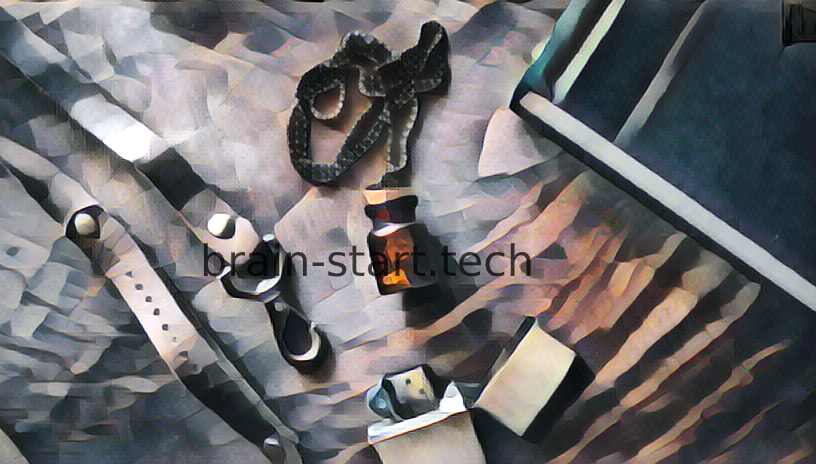NFC on Apple iPhone X

All the news on Apple iPhone X in our articles.
NFC on Apple iPhone X
What’s NFC?
Near-Field Communication (NFC) is a set of protocols, allowing two electronic devices (usually mobile devices, like your Apple iPhone X) to communicate with each other within a few centimeters of distance.
NFC has multiple applications, such as payment or file exchange with your Apple iPhone X. NFC technology is also widely used via social networks to share contact information, photos, videos or chats.
Also, NFC-enabled devices like your Apple iPhone X can be used as electronic ID cards and key cards.

Overall, NFC provides a low-speed connection that is easy to set up and can be used as a wireless connection with good reliability.
Many applications available on the Play Store allow you to use NFC on your Apple iPhone X. We particularly recommend NFC Check to check that your Apple iPhone X has the NFC installed, and NFC Tools, an application allowing you to easily connect to another NFC terminal.

Our other articles on Apple iPhone X can help you.
How to enable NFC on Apple iPhone X
To activate NFC on your Apple iPhone X, the easiest way is to download a dedicated application from the Play Store and activate it.
We recommend in particular NFC Tools and Smart NFC.
How do I verify that NFC is enabled on my Apple iPhone X?
Also, many applications allow you to verify that NFC is available and correctly installed on your Apple iPhone X. Notably, NFC Check and NFC Check from Tapkey are very convenient for this kind of checks.
How do I secure my NFC?
Your Apple iPhone X normally knows how to secure NFC communications on its own.
So you probably don’t need to use any antivirus software to take advantage of NFC. However, as a security precaution, you may choose to use a virus scanner to make sure you do not receive malware and viruses over NFC.
We recommend in particular for your Apple iPhone X, an antivirus like AVG Free Antivirus and Avira Antivirus.
How NFC works on Apple iPhone X
Before anything else, it’s good to know that NFC is a derivative of the RFID (Radio Frequency Identification) technology.
This method of radio frequency identification is also known as electronic tags.
As the name implies, the working principle of RFID is to connect a circuit containing a radio frequency part (the RF part of RFID) and an antenna loop together.
All of these elements are present in your Apple iPhone X.
If the RFID tag is inserted into a specific magnetic field, a signal of a given frequency will be emitted by the RFID: the reader will be able to obtain pieces of information previously written on the RFID tag.
If necessary, the RFID reader will also be able to rewrite any information on the RFID tag.
NFC is a bit the same thing, except that RFID readers and tags are included in NFC technology: an NFC device can be read and modified by another NFC device. The two devices can then exchange information.
Note that each of the two devices can write information to the other device.
In order to prevent malware, this last possibility of reciprocal writing requires NFC-specific IT security measures.
So, your Apple iPhone X can adopt three modes in NFC:
1. Passive mode
Your Apple iPhone X then becomes like an RFID tag, containing information that can be read.
The reader can obtain this information, and modify it if needed.
2. Active mode
Your Apple iPhone X is then a reader, of an RFID card or another NFC device.
To do this, a magnetic wave is emitted around your Apple iPhone X. The devices receiving this wave will be able to send their information in return.
3. Bi-directional mode
In this mode, the two devices, including your Apple iPhone X, are both readers and receivers of the signals.
They can therefore exchange and write data freely.
In all cases, be sure to use an antivirus on each connected device to prevent the spread of malware.
NFC on Apple iPhone X for contactless payments
In the event of a card replacement by your phone, your Apple iPhone X, NFC compatible, goes into contactless card mode.
Cards replaced by NFC include bank cards and access cards.
In case of bank card replacement, most contactless mobile payments are made in shopping malls or transportation.
Your Apple iPhone X or other related electronic device can be placed near the reader and the transaction can be completed by entering your PIN code.
This is very convenient to save time and avoid having to walk around with too many cards in your pocket.
Note that NFC replicable bank cards include Apple Pay, Apple Pay, Samsung Pay, Mi Pay, Alipay, Huawei Wallet and credit cards from major banks.
Technically, it is essential that the contactless reader is properly connected.
Also, even if the contactless reader is not used for reading, it can be used to credit your Apple iPhone X. Note that some NFC passive receivers can operate without electricity, but not your Apple iPhone X. In addition, for card emulation applications, it is possible to collect data from third-party NFC-enabled devices.
You can then integrate this data, such as bank receipts or tickets, into your Apple iPhone X. You will then be able to save all your receipts or tickets in the Cloud or on your personal computer.
NFC on Apple iPhone X to simulate a card
As we’ve seen, your Apple iPhone X can simulate an NFC payment card.
But all types of cards can be replicated, such as magnetic access cards or RFID card readers. Many applications on the Play Store allow you to implement these solutions on your Apple iPhone X. These applications target professionals (delivery companies, manufacturers, etc.) and private individuals (home magnetic keys, access cards, etc.).
NFC over Apple iPhone X for file transfer
NFC may not be the best method for transferring files from one device to another, due to its low bit rate. However, it can be very useful in many situations, such as transferring authentication data or readings from cards emulated with your Apple iPhone X.
There are numerous applications available for this, such as Easy NFC File Transfer or NFC Transfer.
Depending on the version of the operating system installed on your Apple iPhone X, you may already have a native application installed, allowing NFC transfers.
Be sure to check that the other device is compatible with your default NFC software.
If not, feel free to install more than one NFC application, as mentioned above, until it works.
NFC versus other similar technologies
NFC technology offers extremely high security, performance advantages in short-range communications and, above all, lower cost. In many cases, NFC is therefore to be preferred on your Apple iPhone X over the technologies mentioned above. Also, since its introduction in 2003, NFC has received the attention and support of many companies, such as Apple, Apple or Samsung. Whether to activate shared bikes or exchange business cards, NFC has more and more applications! We hope to have shared with you via this article all the elements regarding NFC on your Apple iPhone X.